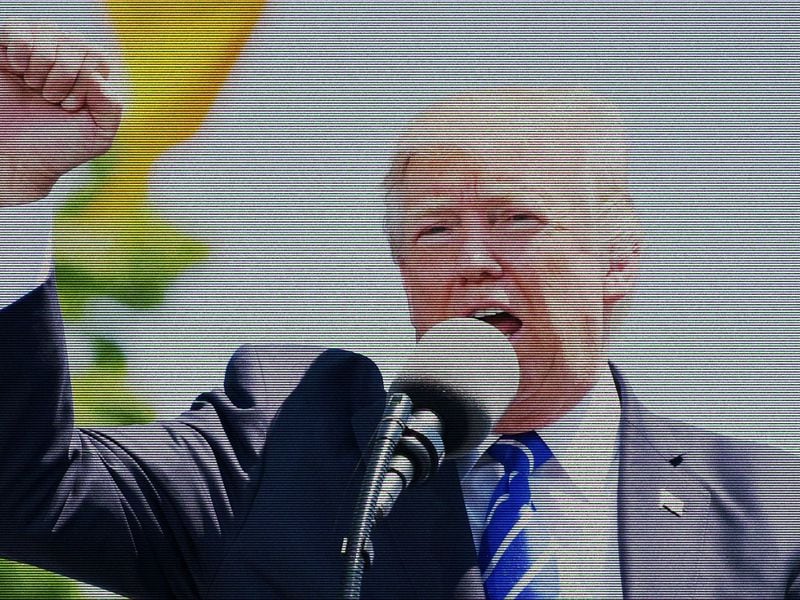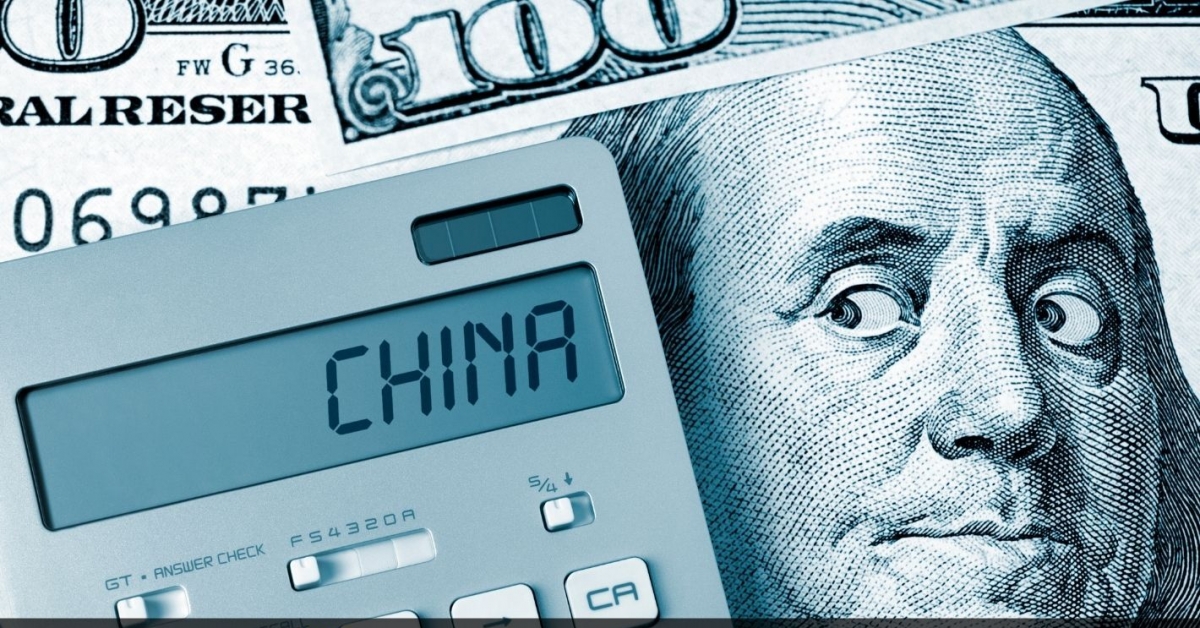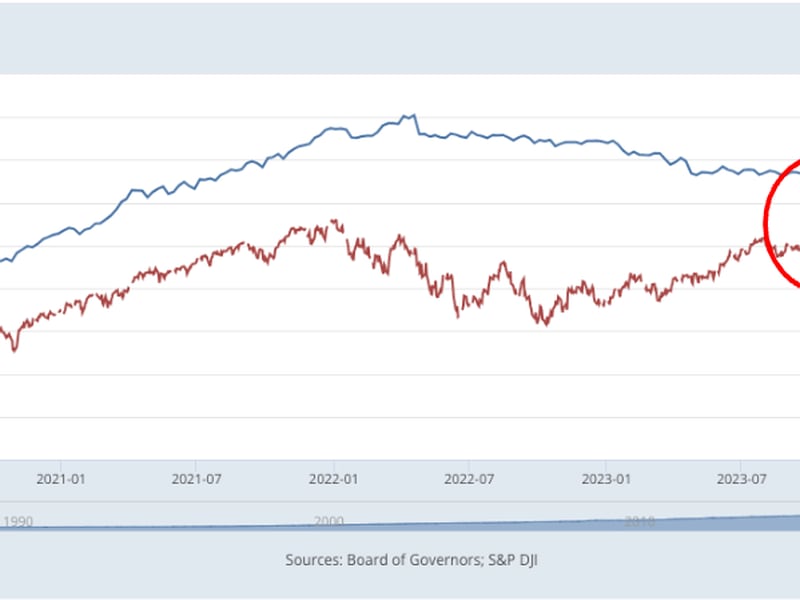US House Passes Bill for FinCEN to Study Blockchain Use

Congress wants the Financial Crimes Enforcement Network (FinCEN) to up its internal blockchain game with a new bill to study how the technology could be adapted for law enforcement.
On Sept. 19, the House of Representatives passed legislation calling for the financial crimes regulator to study its use of “innovative technologies” — including blockchain. The bill now moves to the Senate for consideration.
The “Advancing Innovation to Assist Law Enforcement Act” mandates that FinCEN’s director consider how blockchain and other tech advances can improve the bureau’s operations.
“The Director of the Financial Crimes Enforcement Network (“FinCEN”) shall carry out a study on… whether AI, digital identity technologies, blockchain technologies, and other innovative technologies can be further leveraged to make FinCEN’s data analysis more efficient and effective,” the bill reads.
Freshman Representative Anthony Gonzalez (R) Ohio, a member of the House Financial Services Committee, introduced the bill in May as a high-tech means to fight financial crimes.
“My bill makes sure that we are using the best technology we have available to find and stop the money laundering that makes all these crimes not only possible, but financially profitable for cartels, traffickers, and terrorists,” Gonzalez said.
Gonzalez’ act pushes FinCEN towards a technology whose best-known manifestation — cryptocurrencies — have largely been its to regulate. The Treasury department bureau’s interpretive guides and letters on matters from AML compliance to ICO rules inform industry players. If signed into law, FinCEN may have to jump in.
Gerard Daché, executive director at the Government Blockchain Association, which promotes blockchain technology solutions to government, called the advance long overdue.
The government often plays catch-up to “bad guys” and their blockchain tools, Daché said, wasting time, energy and money on antiquated techniques while the enemy races ahead.
“It’s almost like an ostrich sticking its head in the sand” said Daché. Government bureaus such as FinCEN need to study how these tools are being used and then integrate them into their own arsenal, he said.
“When bad actors engage with it we’ve got to meet them on the battlefield of technology.”
House of Representatives image via Shutterstock










